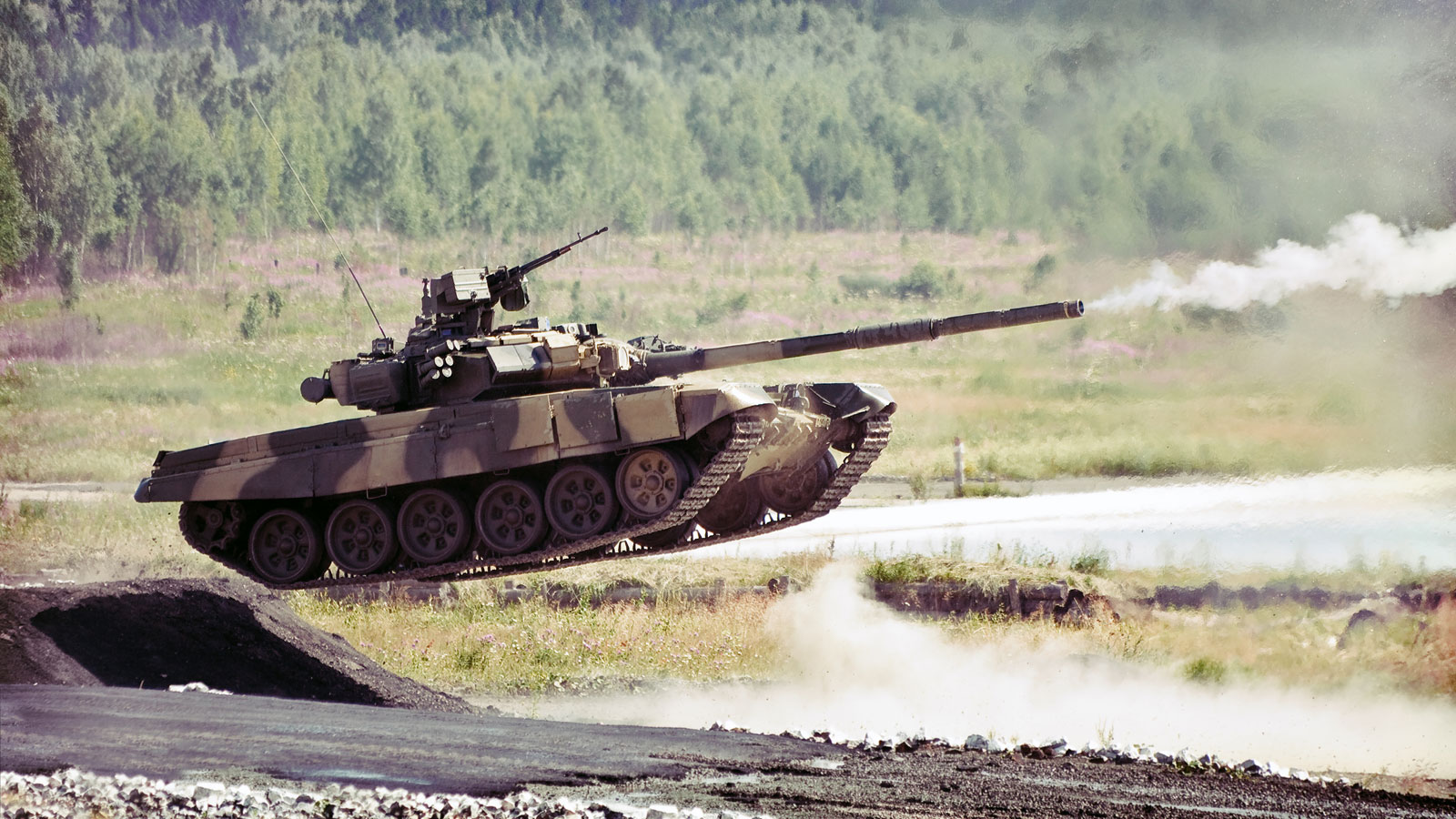Nothing happens in isolation. That is certainly true of all things related to climate change. And it is true of Russia’s invasion of and war on Ukraine. Although it’s too soon to know what will happen in either of these urgent stories – let alone know how and where it will all “end” – the many and complex connections between them are important to understand as the Ukrainian crisis continues to unfold.
“What does Russia’s invasion of Ukraine mean for energy and climate change?” Carbon Brief. This collection of answers is impressively thorough, clear, and eye-opening. With much of Europe so dependent on Russian fossil fuels, is much of Russia’s income “safe” from sanctions? Or not so much?
“Climate fears on back burner as fuel costs soar and Russia crisis deepens,” Patricia Cohen, New York Times. Like the Carbon Brief piece, this overview, published February 23, the day before the invasion started, explains Europe’s reliance on Russian fuels. It also lays out some factors that predate the Ukraine crisis, such as the post-Covid spike in energy prices and consequent rise in coal production and sales.
“Why Biden is going easy on Russia’s energy industry,” Ben Lefebvre and Josh Siegel, Politico. Very informative, again, on what amounts to fossil-fueled codependency among the economies of Russia, Europe, and (somewhat less directly) the United States. While these three pieces cover some of the same ground, the repetition and differing specifics add up to a complex but compelling picture.
“This is how we defeat Putin and other petrostate autocrats,” Bill McKibben, The Guardian. As one would expect from this veteran author and climate activist, this is a provocative and inspiring opinion column about how to destroy the fossil-energy power Putin wields over democracies. For more on the same front, read McKibben’s newest newsletter on Substack, here.
To follow this topic as it unfolds, and to acquaint yourself with two very good aggregators of climate-linked news, go to Climate Nexus and to The Daily Climate. The issues of Friday, February 25, linked here, are good examples of what they offer, with pieces collected from the first days of the invasion. Subscriptions to each are free.
This series is curated and written by retired Colorado State University English professor and close climate change watcher SueEllen Campbell of Colorado. To flag works you think warrant attention, send an e-mail to her any time. Let us hear from you.
Source link


